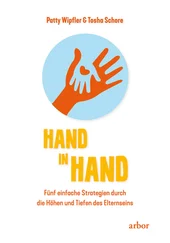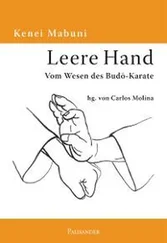Empty Hand
Kenei Mabuni
In cooperation with Masahiko Yokoyama
Empty Hand
The Essence of Budō-Karate
Edited by Carlos Molina
Translated from Japanese
by B. Winter
Palisander
As to the notation of the Japanese personal names: On the cover and the title sheet the name of the author has been written according to the conventions of the English-speaking countries, i.e. in the order first name, last name. In the text of the book the usual notation of Japanese names is used, i.e. the last name followed by the first name.
The publisher would like to thank Jörg Seidel, Chemnitz, for proofreading the English edition. Furthermore he thanks Patrick McCarthy, Brisbane (Australia) for putting the photograph of Itosu Ankō at his disposal.
First English Edition
1 st ed. May 2009
Original title:
武道空手への招待(»Invitation to Budō-Karate«)
© 2001 by Sanko-sha Ltd.
Translation from Japanese by B. Winter
© 2009 by Palisander Verlag, Chemnitz
All rights reserved. No part of this book may be reproduced in any form by any electronic or mechanical means (including photocopying, recording, or information storage and retrieval) without permission in writing from the publisher.
Cover design: Anja Elstner, using a drawing by Matthias Stein and the Shitō ryū emblem.
Publisher's editor: Frank Elstner
Setting: Frank Elstner
1 st Digital Editon
Digital Publication by Zeilenwert GmbH
ISBN 9783938305249
www.palisander-verlag.de
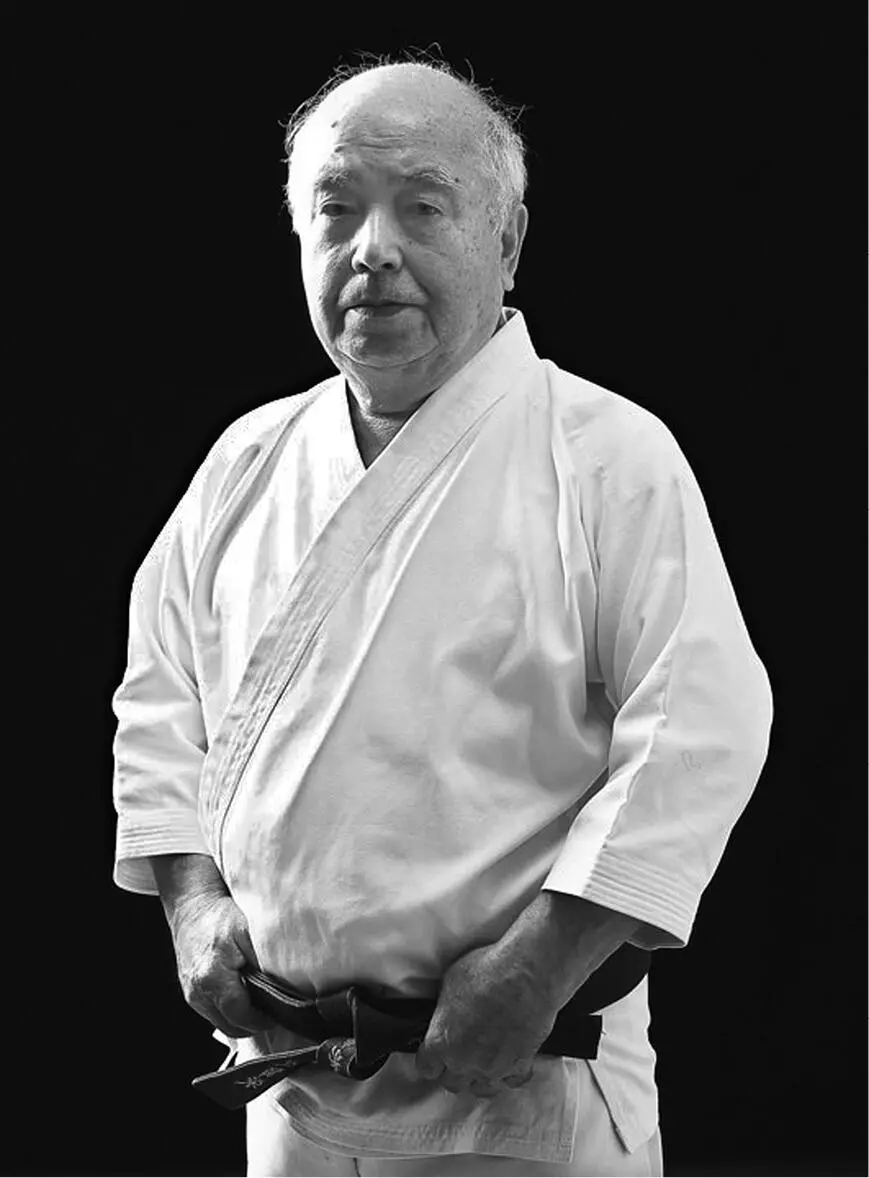 Sōke Mabuni Kenei (2001)
Sōke Mabuni Kenei (2001)
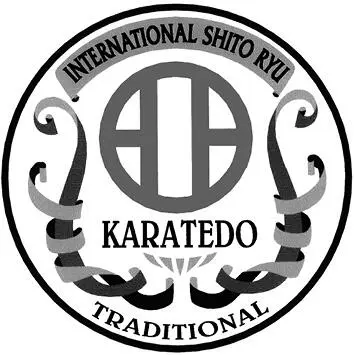
Union Shitō ryū Europe
Internet: www.shitoryu-europe.org
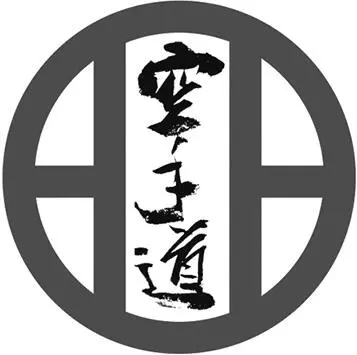
The Author
Mabuni Kenei, holder of the 10th Dan, was born in 1918 on Okinawa, the birthplace of karatedō. As the son of Mabuni Kenwa, the founder of the Shitō ryū and one of the most important karate experts in history, from his childhood on he was in touch with karate and some of its greatest masters. At the age of 34 he became the head of Shitō ryū. Even today, in his old age, he holds seminars in different parts of the world where he teaches authentic karatedō.
The Publisher
Carlos Molina, the editor, holder of the 7th Dan, was born in 1947 in Quetzaltenango, Guatemala. He became one of the first disciples of Mabuni Kenei in Latin America. Since 1976 he has introduced the Shitō karate in the Federal Republic of Germany. Today he is the Shitō ryū representative in Germany.
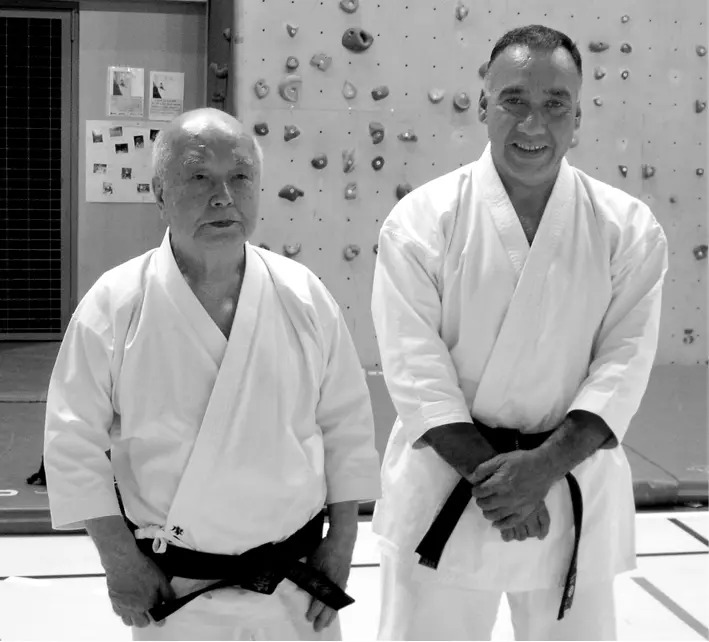 Sōke Mabuni Kenei und Shihan Carlos Molina (2007)
Sōke Mabuni Kenei und Shihan Carlos Molina (2007)
Acknowledgement
The editor thanks his disciple Mrs Silvia Pellegrini for her extraordinary efforts to realize this project.
Illustrations
The copyright for the photograph on p. 4 and for the photographs no. 5 to 10, 12 to 15, 20, 22, 24 to 80, 82 to 87 and 96 is owned by the author. The copyright for the photograph on p. 6 and photograph no. 21 is owned by Carlos Molina. The other photographs and illustrations are public domain. On many of the photos Mizuguchi Hirofumi – sometimes together with the author – can be seen demonstrating techniques.
Cover
Titelpage Kenei Mabuni In cooperation with Masahiko Yokoyama Empty Hand The Essence of Budō-Karate Edited by Carlos Molina Translated from Japanese by B. Winter Palisander
Copyright As to the notation of the Japanese personal names: On the cover and the title sheet the name of the author has been written according to the conventions of the English-speaking countries, i.e. in the order first name, last name. In the text of the book the usual notation of Japanese names is used, i.e. the last name followed by the first name. The publisher would like to thank Jörg Seidel, Chemnitz, for proofreading the English edition. Furthermore he thanks Patrick McCarthy, Brisbane (Australia) for putting the photograph of Itosu Ankō at his disposal. First English Edition 1 st ed. May 2009 Original title: 武道空手への招待(»Invitation to Budō-Karate«) © 2001 by Sanko-sha Ltd. Translation from Japanese by B. Winter © 2009 by Palisander Verlag, Chemnitz All rights reserved. No part of this book may be reproduced in any form by any electronic or mechanical means (including photocopying, recording, or information storage and retrieval) without permission in writing from the publisher. Cover design: Anja Elstner, using a drawing by Matthias Stein and the Shitō ryū emblem. Publisher's editor: Frank Elstner Setting: Frank Elstner 1 st Digital Editon Digital Publication by Zeilenwert GmbH ISBN 9783938305249 www.palisander-verlag.de
Sōke Mabuni Kenei Sōke Mabuni Kenei (2001) Union Shitō ryū Europe Internet: www.shitoryu-europe.org
Author The Author Mabuni Kenei, holder of the 10th Dan, was born in 1918 on Okinawa, the birthplace of karatedō. As the son of Mabuni Kenwa, the founder of the Shitō ryū and one of the most important karate experts in history, from his childhood on he was in touch with karate and some of its greatest masters. At the age of 34 he became the head of Shitō ryū. Even today, in his old age, he holds seminars in different parts of the world where he teaches authentic karatedō. The Publisher Carlos Molina, the editor, holder of the 7th Dan, was born in 1947 in Quetzaltenango, Guatemala. He became one of the first disciples of Mabuni Kenei in Latin America. Since 1976 he has introduced the Shitō karate in the Federal Republic of Germany. Today he is the Shitō ryū representative in Germany. Sōke Mabuni Kenei und Shihan Carlos Molina (2007) Acknowledgement The editor thanks his disciple Mrs Silvia Pellegrini for her extraordinary efforts to realize this project. Illustrations The copyright for the photograph on p. 4 and for the photographs no. 5 to 10, 12 to 15, 20, 22, 24 to 80, 82 to 87 and 96 is owned by the author. The copyright for the photograph on p. 6 and photograph no. 21 is owned by Carlos Molina. The other photographs and illustrations are public domain. On many of the photos Mizuguchi Hirofumi – sometimes together with the author – can be seen demonstrating techniques.
Preface by the Editor
Introduction
A Martial for Everyone
Karate as a Means for Physical, Martial and Spiritual Education
The Emergence of Modern Karate
Karate and Health
The Physical Effects of Karate
Karate in Dangerous Situations
Karate as a Spiritual Martial Art
The Breathing Techniques in Karate
The State of Total Inner Calmness
I Budō Karate
1 The Development of Karate
1.1 Karate as Fighting Technique
Unarmed Fighting in Ancient Times
Shaolin Kempō – the Fighting Techniques of the Warrior Monks
The Influence of the Chinese Kempō on the Japanese and Okinawan Martial Arts
Karate – the Fundament of Martial Arts
1.2 The Emergence of Karate on Okinawa
The Old Okinawa-te
The Kata of the Shuri-te
The Jigen Sword Technique and the Shuri-te
Drawing a Circle With a Straight Line
Читать дальше
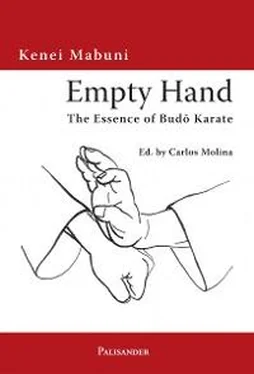
 Sōke Mabuni Kenei (2001)
Sōke Mabuni Kenei (2001)

 Sōke Mabuni Kenei und Shihan Carlos Molina (2007)
Sōke Mabuni Kenei und Shihan Carlos Molina (2007)



